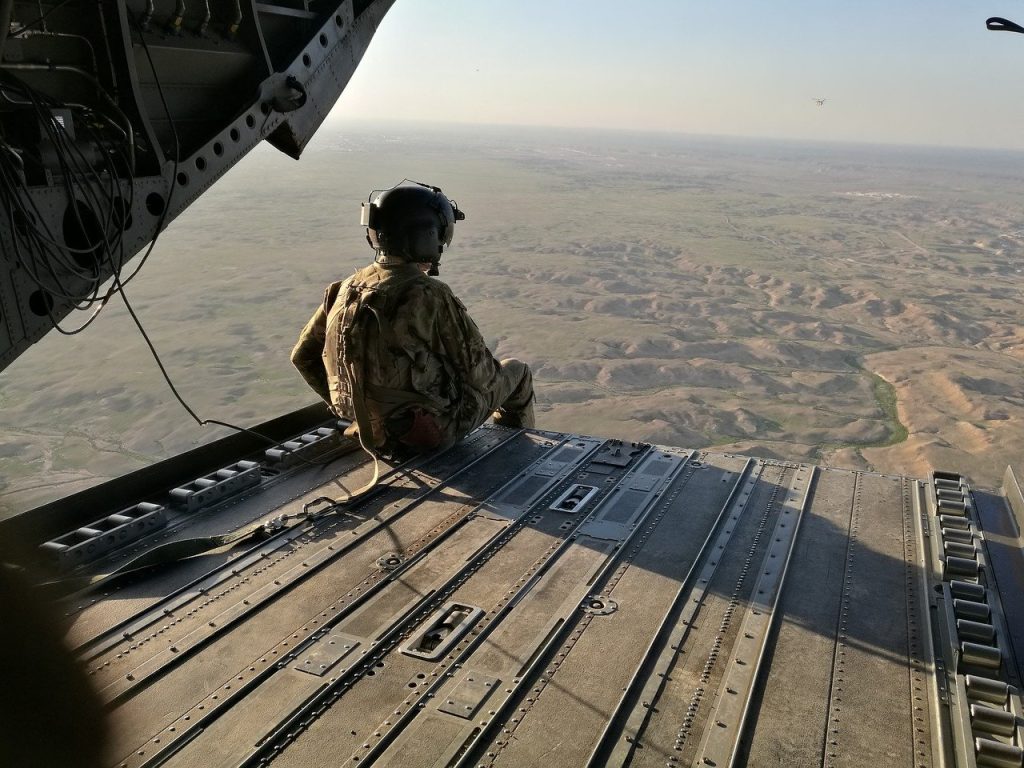October 7, 2021, a few months after Joe Biden began the complete and chaotic withdrawal of U.S. troops from Afghanistan, marked the 20-year anniversary of the first U.S. and British bombs crashing into the country, and the commencement of the operation ‘Enduring Freedom’.
2021 was also the year that saw the deaths of both Colin Powell and Donald Rumsfeld – U.S. Secretaries of State and Defence under Bush – both of whom were influential technicians in the realisation of Bush’s foreign policy objectives.

Michael Stephens, associate fellow at RUSI said: “The U.S. got tired of trying to nation-build and then left, only to come back again when the conditions, within four years required it.
“The legacy of the Bush Doctrine is failure in the Middle East.”
The Taliban managed to reconquer all of Afghanistan in as little as 11 days, following the withdrawal of U.S. troops, and the disintegration of the American-backed Afghan government.
According to Iraq Body Count, anywhere between 185,999 and 209,169 Iraqis lost their lives between 2003 and 2021, from the initial U.S. invasion to the ensuing sectarian violence and civil war that sprung from the war-torn ashes of the first U.S. withdrawal in 2011, however some sources have stated it is far higher.
Today, the legacy of the Bush administration’s intervention in both Afghanistan and Iraq are clear to see, they are notable by a legacy of failure.
Read the rest of this interactive story here.




